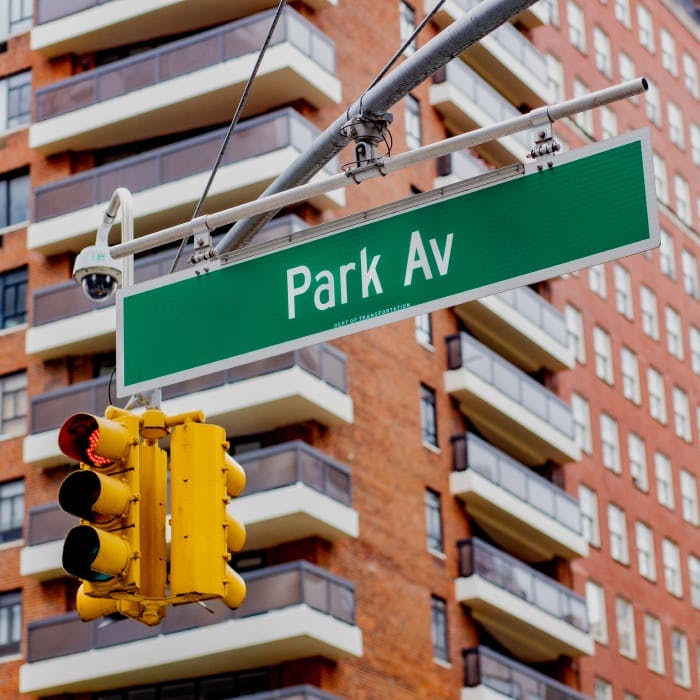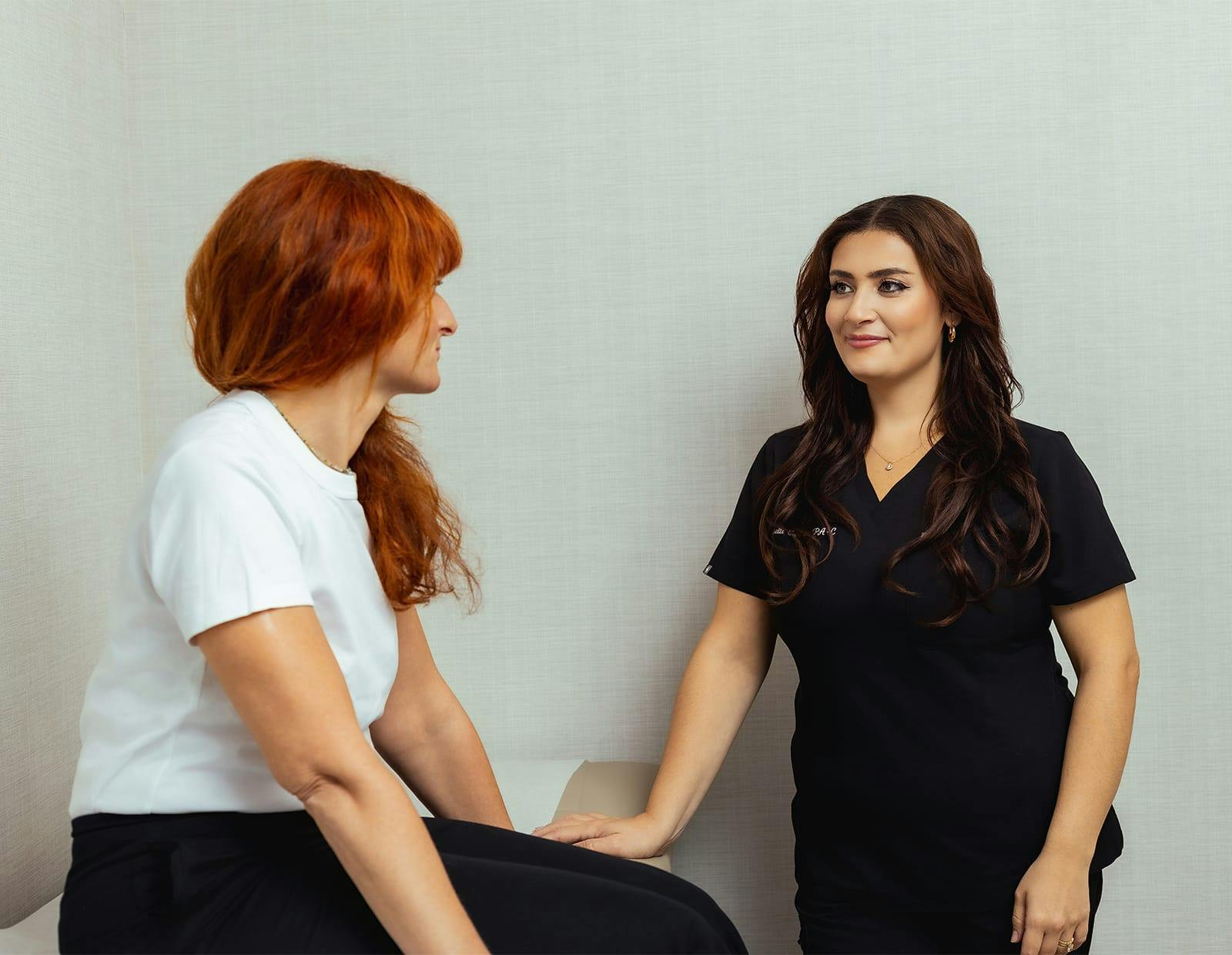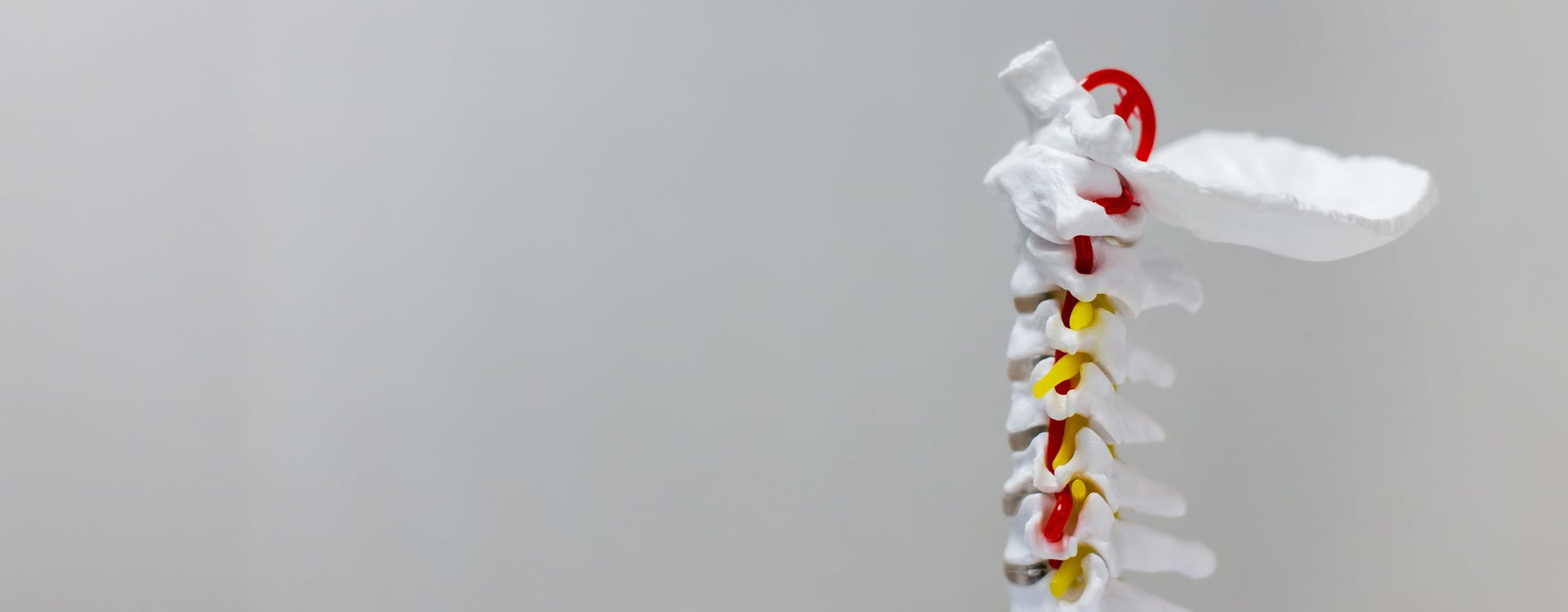At Gerling Spine Care, Orthopedics and Research, we specialize in treating back injuries with a comprehensive, patient-focused approach. Whether your back injury is from an accident, sports activity, or simply everyday wear and tear, our expert team is dedicated to helping you recover and return to your regular activities as quickly and safely as possible.
Diagnosing Back Injuries
At Gerling Spine Care, Orthopedics and Research, we utilize advanced diagnostic techniques to pinpoint the cause of your back injury. After a thorough consultation, your doctor may recommend diagnostic testing including imaging tests such as X-rays, MRI scans, or CT scans. We often also look deeper with laboratory testing, bone mineral density testing (DEXA) and EMG tests of nerve function to get a clear picture of your spine's condition.







